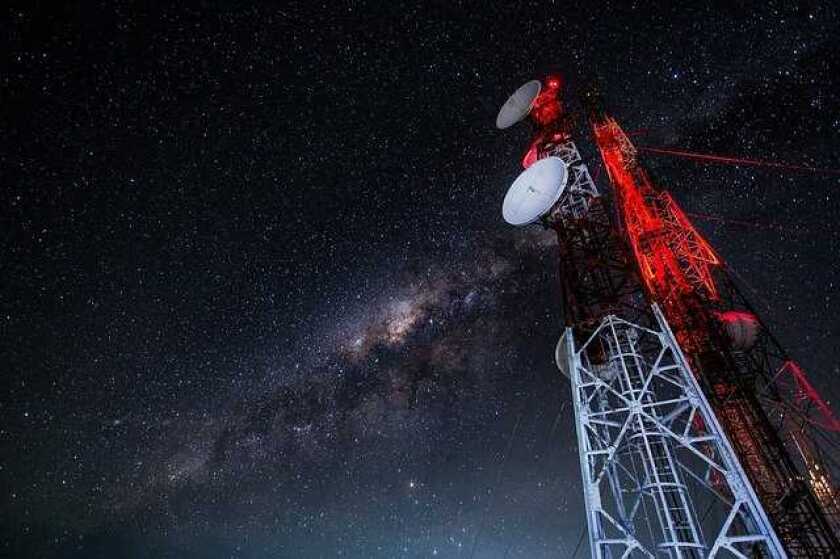Through a $20 million loan granted to the Lebanese company IPT Powertech, Proparco said it will contribute to the energy efficiency of mobile towers to reduce their CO2 emissions and operating cost.
IPT specialises in the management and powering of radio sites for mobile network operators in Africa and the Middle East. European Investment Bank (EIB) also granted $60M to support IPT’s activities.
IPT is positioned as a new company in the T-ESCO (Telecom - Energy Service Company) segment, a scheme whereby the tower site owner outsources the site power supply to a specialised third-party responsible for deploying, financing and operating the power asset under a long-term contract.

The loans granted to IPT will support the company’s T-ESCO activities in Lebanon and Guinea, according to the company.
The company added that through a $40 million loan, AFD Group is helping to improve access to green electricity in a country marked by a low electrification rate.
Proparco and AFD jointly granted $40 million in financing to the Metoro project, including a concessional tranche aimed at optimising the proposed tariff and supporting positive environmental and social benefits locally. The 41MWp solar power plant will be built near the village of Metoro in the north of the country.
The Metoro project is led by Electricidade de Moçambique (EDM) and Neoen, a French company specialised in the development of renewable energies and a major partner of Proparco.
Since 2016, Proparco has financed five projects developed by Neoen, including the largest solar power plants in El Salvador and Jamaica, according to the company. The Metoro project is Proparco's first operation with Neoen in Africa.





